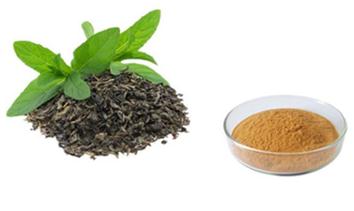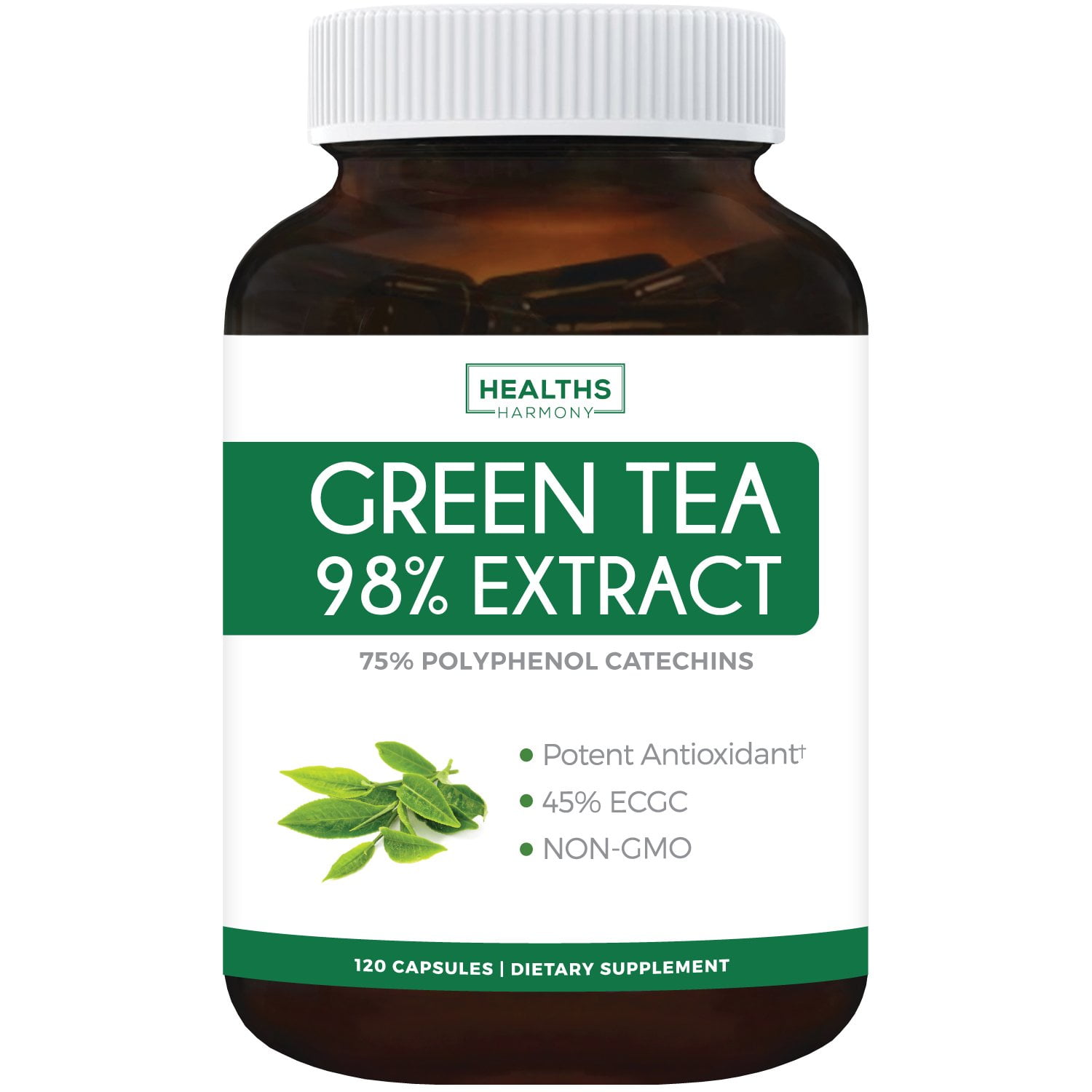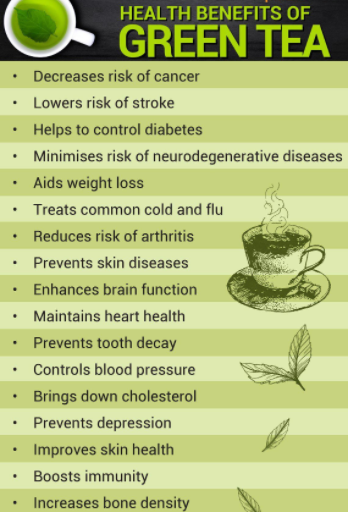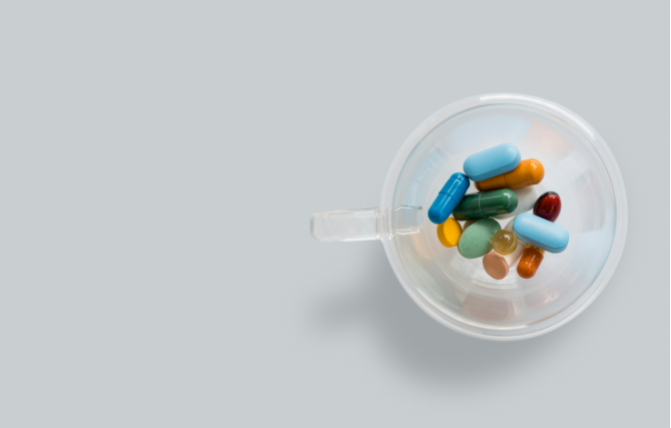Content Menu
● Understanding Green Tea Extract
● The Liver: A Vital Organ at Risk
● Evidence Linking Green Tea Extract to Liver Damage
● Mechanisms of Potential Liver Damage
● Balancing Benefits and Risks
● Dosage and Safety Considerations
● Recommendations for Safe Use
● Future Research Directions
● Conclusion
● Questions and Answers
Green tea, a beverage steeped in tradition and revered for its potential health benefits, has been consumed for centuries across various cultures. In recent years, the popularity of green tea extract, a concentrated form of the beverage's beneficial compounds, has surged in the health and wellness industry. However, alongside its rise in popularity, concerns have emerged regarding the potential risk of liver damage associated with green tea extract consumption. This article delves into the complex relationship between green tea extract and liver health, exploring the scientific evidence, potential mechanisms, and considerations for safe use.

Understanding Green Tea Extract
Green tea extract is derived from the leaves of Camellia sinensis, the same plant used to make green tea. The extract is a concentrated source of polyphenols, particularly catechins, which are believed to be responsible for many of the health benefits associated with green tea consumption. The most abundant and well-studied catechin in green tea is epigallocatechin-3-gallate (EGCG), which has been the focus of numerous scientific investigations due to its potent antioxidant properties.
The appeal of green tea extract lies in its convenience and the ability to deliver a higher dose of catechins than what is typically obtained from drinking green tea. This concentrated form is often marketed as a dietary supplement, promising benefits such as weight loss, improved metabolism, and enhanced overall health. However, the very concentration that makes green tea extract appealing may also be at the root of potential health concerns, particularly regarding liver function.
The Liver: A Vital Organ at Risk
The liver plays a crucial role in our body's metabolic processes, detoxification, and overall health. It is responsible for processing nutrients, producing essential proteins, and filtering toxins from the blood. Given its central role in metabolism, the liver is particularly vulnerable to the effects of various substances, including dietary supplements and medications.
When considering the potential impact of green tea extract on liver health, it's essential to understand that the liver is the primary site for the metabolism of many compounds, including the catechins found in green tea. While moderate consumption of green tea as a beverage is generally considered safe for most people, the concentrated nature of green tea extract raises questions about its potential to overwhelm the liver's processing capacity.
Evidence Linking Green Tea Extract to Liver Damage
The concern surrounding green tea extract and liver damage is not unfounded. Over the past few decades, numerous case reports and studies have emerged, suggesting a possible link between high doses of green tea extract and liver injury. These reports have ranged from mild elevations in liver enzymes to severe cases of acute liver failure requiring transplantation.
One of the challenges in assessing the risk of liver damage from green tea extract is the variability in individual responses. While some people may consume high doses of green tea extract without any apparent adverse effects, others may experience liver problems even at lower doses. This variability has led researchers to investigate potential genetic factors that might predispose certain individuals to green tea extract-induced liver injury.

Mechanisms of Potential Liver Damage
The exact mechanisms by which green tea extract might cause liver damage are not fully understood, but several theories have been proposed:
1. Oxidative Stress: While catechins are known for their antioxidant properties, at high doses, they may paradoxically induce oxidative stress in liver cells. This oxidative stress can lead to cellular damage and inflammation.
2. Mitochondrial Dysfunction: Some studies suggest that high concentrations of EGCG can interfere with mitochondrial function in liver cells, potentially leading to cell death and liver injury.
3. Immune-Mediated Reactions: In some cases, green tea extract may trigger an immune response in the liver, leading to inflammation and damage through an idiosyncratic mechanism.
4. Drug Interactions: Green tea extract may interact with certain medications, potentially altering their metabolism in the liver and increasing the risk of toxicity.
5. Individual Susceptibility: Genetic variations in enzymes responsible for metabolizing green tea catechins may make some individuals more susceptible to liver injury.
It's important to note that these mechanisms are still being studied, and the exact pathways leading to liver damage may vary among individuals.
Balancing Benefits and Risks
Despite the concerns regarding liver damage, it's crucial to consider the potential benefits of green tea extract. Numerous studies have suggested that green tea and its extracts may offer protection against various health conditions, including cardiovascular disease, certain types of cancer, and metabolic disorders like obesity and type 2 diabetes.
The antioxidant and anti-inflammatory properties of green tea catechins have been associated with improved liver function in some studies, particularly in the context of non-alcoholic fatty liver disease (NAFLD). This apparent contradiction – the potential for both liver protection and liver damage – underscores the complexity of the relationship between green tea extract and liver health.

Dosage and Safety Considerations
The risk of liver damage from green tea extract appears to be dose-dependent, with higher doses associated with a greater risk of adverse effects. However, determining a universally safe dose is challenging due to individual variability in susceptibility and the different formulations of green tea extract available on the market.
Most reported cases of liver injury have been associated with doses of EGCG exceeding 800 mg per day. However, adverse effects have been reported at lower doses in some individuals, particularly when the extract is taken on an empty stomach or by people with pre-existing liver conditions.
Regulatory bodies and health organizations have begun to take notice of the potential risks associated with green tea extract. Some countries have implemented warnings on green tea extract supplements, while others have set guidelines for maximum daily intake. For example, the European Food Safety Authority (EFSA) has suggested that green tea supplements containing more than 800 mg of EGCG per day may pose health concerns.
Recommendations for Safe Use
For those considering the use of green tea extract, several precautions can be taken to minimize the risk of liver damage:
1. Consult a Healthcare Provider: Before starting any new supplement regimen, including green tea extract, it's essential to consult with a healthcare provider, especially for individuals with pre-existing health conditions or those taking medications.
2. Start with Low Doses: If green tea extract supplementation is deemed appropriate, starting with a low dose and gradually increasing it can help monitor for any adverse reactions.
3. Take with Food: Consuming green tea extract with meals may help reduce the risk of liver injury compared to taking it on an empty stomach.
4. Be Aware of Symptoms: Understanding the signs of liver distress, such as jaundice, abdominal pain, or dark urine, is crucial. If these symptoms occur, discontinue use and seek medical attention immediately.
5. Choose Reputable Sources: Selecting green tea extract supplements from reputable manufacturers who adhere to good manufacturing practices can help ensure product quality and safety.
6. Consider Alternatives: For those primarily interested in the health benefits of green tea, consuming the beverage in its traditional form may be a safer alternative to concentrated extracts.

Future Research Directions
As concerns about the potential liver toxicity of green tea extract continue to grow, so does the need for further research. Several areas warrant additional investigation:
1. Long-term Safety Studies: More extensive, long-term clinical trials are needed to assess the safety of green tea extract consumption over extended periods.
2. Genetic Factors: Research into genetic variations that may predispose individuals to green tea extract-induced liver injury could help identify at-risk populations.
3. Dose-Response Relationships: Further studies to establish clear dose-response relationships and determine safe dosage ranges for different populations are essential.
4. Mechanisms of Toxicity: Continued investigation into the precise mechanisms by which green tea extract may cause liver damage could lead to strategies for prevention or mitigation.
5. Interaction Studies: More research on potential interactions between green tea extract and medications or other supplements is needed to ensure safe use in diverse populations.
Conclusion
The question of whether green tea extract causes liver damage does not have a simple yes or no answer. While evidence suggests that high doses of green tea extract can lead to liver injury in some individuals, the overall risk appears to be low when used appropriately and in moderation. The potential health benefits of green tea and its extracts are significant, but they must be weighed against the possible risks, particularly for those with pre-existing liver conditions or genetic susceptibilities.
As with many dietary supplements, the key to safe use of green tea extract lies in informed decision-making, appropriate dosing, and careful monitoring. By staying informed about the latest research, consulting with healthcare providers, and listening to one's body, individuals can make educated choices about whether green tea extract is right for them.
Ultimately, the relationship between green tea extract and liver health is complex and multifaceted. As research continues to evolve, our understanding of both the benefits and risks associated with this popular supplement will undoubtedly deepen, allowing for more precise recommendations and safer use in the future.

Questions and Answers
Q: Is drinking green tea as risky as taking green tea extract supplements?
A: Generally, drinking green tea is considered safer than taking green tea extract supplements. The concentration of catechins in brewed green tea is much lower than in extracts, and the risk of liver damage from drinking green tea is extremely rare. The traditional beverage form also contains other compounds that may have protective effects.
Q: How can I tell if green tea extract is affecting my liver?
A: Signs of liver distress may include yellowing of the skin or eyes (jaundice), abdominal pain, dark urine, light-colored stools, nausea, fatigue, and loss of appetite. If you experience any of these symptoms while taking green tea extract, discontinue use immediately and consult a healthcare provider.
Q: Are there any groups of people who should avoid green tea extract altogether?
A: Individuals with pre-existing liver conditions, those taking medications that affect liver function, pregnant or breastfeeding women, and people with a history of adverse reactions to green tea or its components should avoid green tea extract or consult a healthcare provider before use.
Q: Can genetic factors influence the risk of liver damage from green tea extract?
A: Yes, research suggests that certain genetic variations may make some individuals more susceptible to green tea extract-induced liver injury. However, genetic testing for these variations is not routinely available, emphasizing the importance of cautious use for everyone.
Q: Are there any benefits to taking green tea extract over drinking green tea?
A: Green tea extract can provide a more concentrated dose of catechins, which may be beneficial for certain health conditions. However, the higher concentration also comes with increased risks. The benefits of green tea extract over drinking green tea depend on individual health goals and should be discussed with a healthcare provider.
































